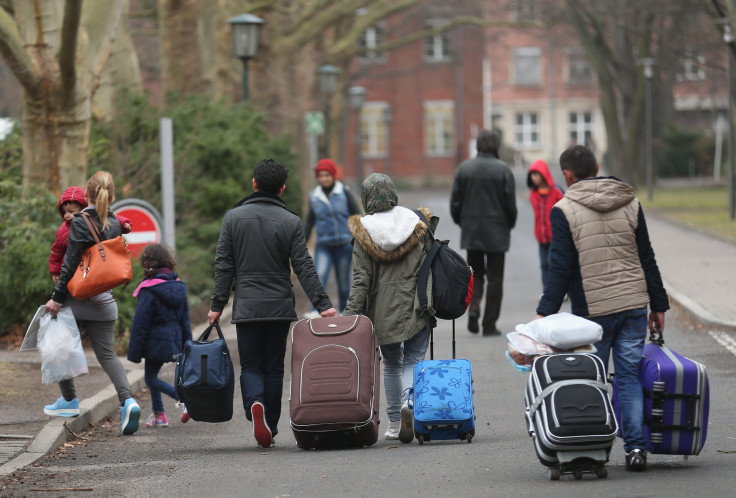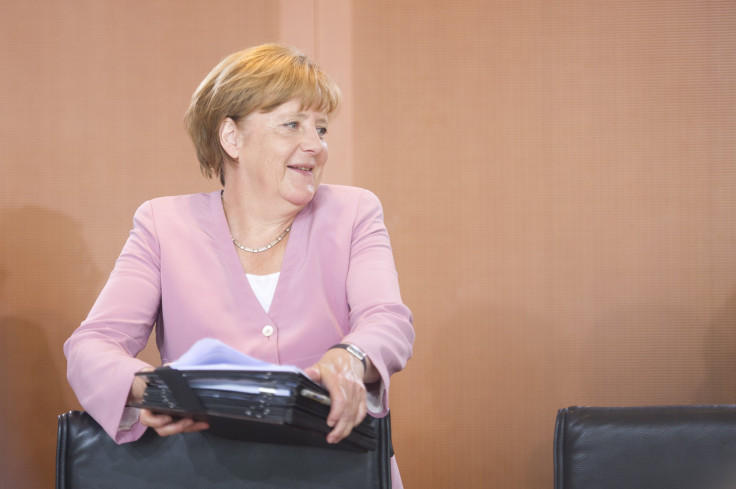EU Migrant Crisis 2015: Germany Could Spend Billions On Refugee Care And Integration, Labor Minister Says

The cost of caring for refugees and integrating them into German society could cost Germany from 1.8 billion to 3.3 billion euros in 2016, German Labor Minister Andrea Nahles said Tuesday, Reuters reported. Thousands of refugees fleeing violent conflict have been arriving on Europe's shores throughout the summer, and one of the most popular final destinations has been Germany, where the economy is one of the strongest in Europe.
The European nation has said it expects to welcome between 240,000 and 460,000 refugees in the coming year, and the cost of caring for that many new people will translate to a high additional cost in Germany's social spending. As of Aug. 25, however, Germany reported a 21.1 billion euro surplus in its national budget, and the money will likely come out of the surplus, a local newspaper reported.
Money allocated for refugees would cover costs such as healthcare, education and food assistance. Many of the refugees arriving in Germany have come from Syria and Iraq and do not speak German. The additional budget money would also go to paying for German classes so that the refugees could integrate into society and find work more easily.
Germany has taken these refugees on an entirely volunteer basis and has offered to take more people than any other European nation. Britain has said it will only take 1,000 refugees.

Germans have met the surge in refugees with mixed reactions. Some politicians and citizens, including Chancellor Angela Merkel, have continued to insist on the need to welcome refugees who have been persecuted by war. "There can be no upper limit set on the intake of people who are fleeing persecution and need protection," Manfred Schmidt, head of the Federal Office for Migration and Refugees in Germany, said Monday.
Others, fearing refugees will take their jobs, have reacted with protests that have frequently turned violent. People living in a refugee camp in Germany have been attacked by self-proclaimed neo-Nazis who burned the camp and wounded police who tried to stop the violence.
“If Europe fails on the question of refugees, its close connection with universal civil rights will be destroyed,” Merkel said Monday.
© Copyright IBTimes 2025. All rights reserved.






















